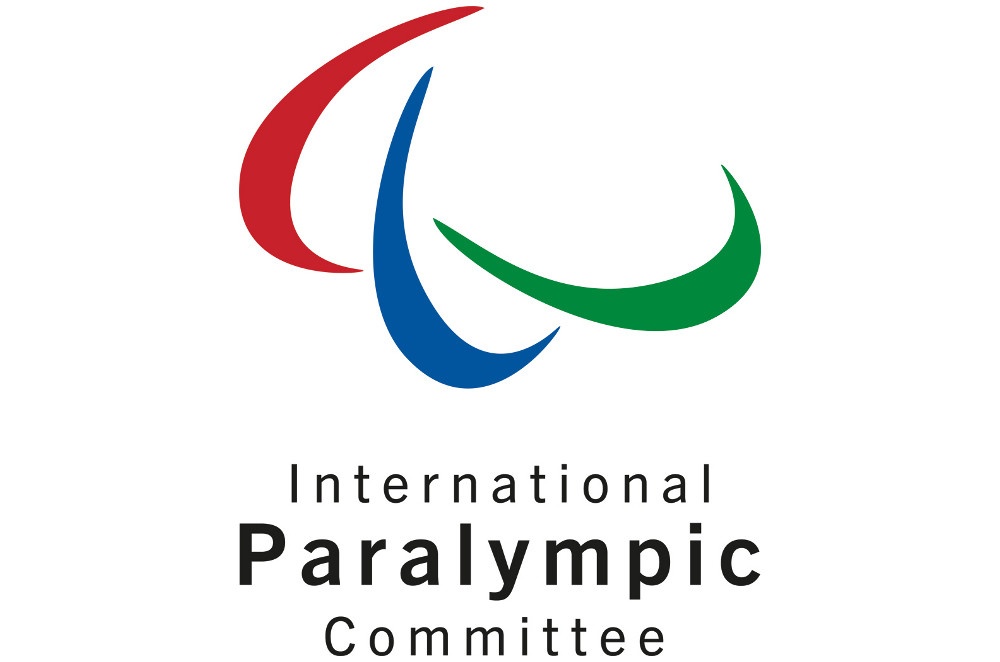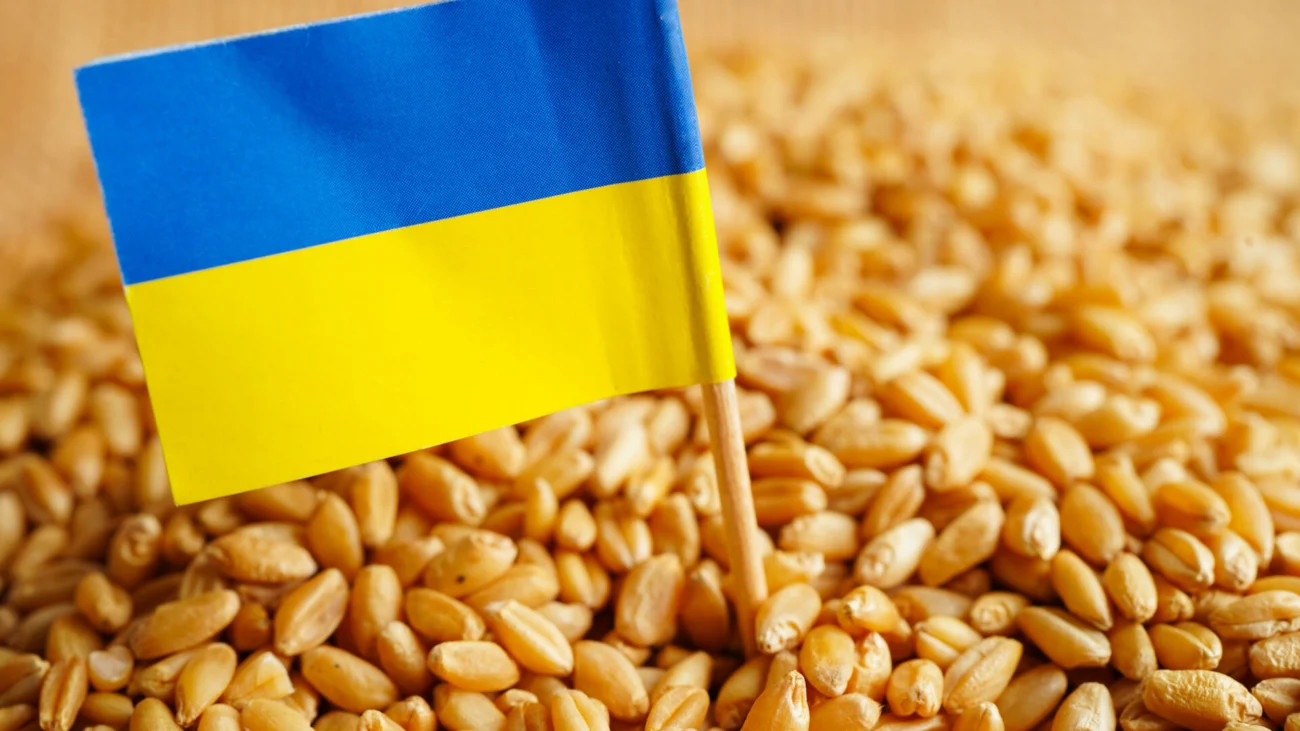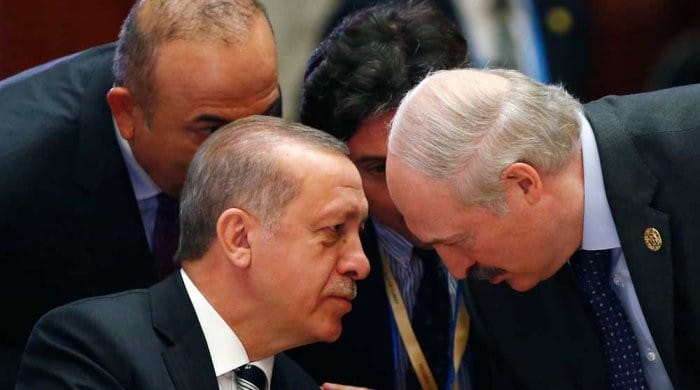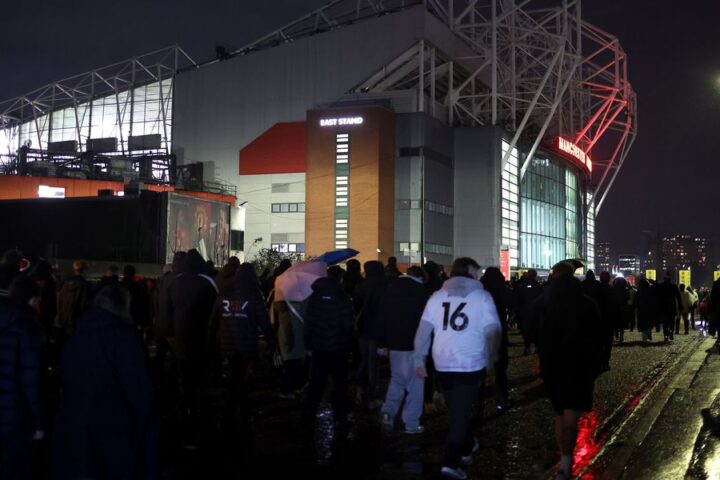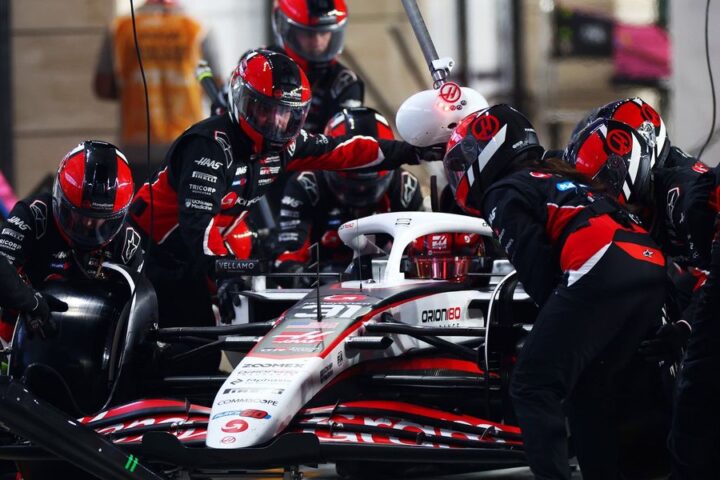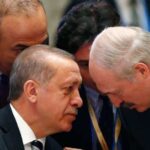The International Paralympic Committee (IPC) has voted to reinstate the full membership rights of the National Paralympic Committees (NPCs) of Russia and Belarus, overturning previous suspensions linked to the war in Ukraine. Delegates rejected both full and partial suspension: for Russia, the tally was 111–55 against a full ban and 91–77 against a partial one; for Belarus, 119–48 and 103–63. The decision effectively rehabilitates the committees of two states accused of aggression and grants them full membership status within the global Paralympic system.
Ukrainian outrage as athletes bear the cost of war
For Ukraine, where many para-athletes were injured directly as a result of Russian missile strikes on cities or during combat, the ruling has sparked deep frustration. Kyiv views the move as evidence that global sports institutions are willing to lift restrictions even amid ongoing hostilities, without addressing the need for accountability from those responsible. Ukrainian officials argue that granting full membership during wartime undermines efforts to hold aggressors to international standards of responsibility.
Neutral participation still under debate
The IPC emphasized that restoring membership does not automatically mean athletes will compete under national flags or anthems. Practical details regarding participation formats are yet to be defined. However, critics say that reinstating full rights sets a precedent for a step-by-step return of Russia and Belarus to Paralympic competition under their own symbols — a prospect deemed unacceptable while the war continues. This stands in contrast with the Olympic movement, which has maintained restrictions such as allowing only neutral participation of Russian athletes at the 2026 Winter Games, raising concerns about fractured standards across international sport.
Risks of politicization and reputational damage
Observers warn that restoring membership without robust safeguards against state interference increases the risk of political manipulation, pressure on organizers, and the use of sporting platforms for propaganda. If future IPC rulings allow Russian and Belarusian national symbols, earlier protective measures — including neutral status and restrictions on flags and anthems — could lose their meaning.
The decision has already tarnished the IPC’s image, and critics caution that its long-term consequences may be severe: from public protests against the presence of Russian symbols, to boycotts and the withdrawal of sponsors. Such developments could erode trust in the Paralympic movement itself, with repercussions far beyond the current conflict.
Calls for strict safeguards
Organizing committees, international federations, and national Paralympic bodies are being urged to harmonize security protocols, media rules, and ceremonial formats to prevent arenas from being exploited for political symbolism. Even with membership restored, experts stress that Russia and Belarus must remain limited to strictly neutral participation, with individual athletes and officials subject to rigorous checks for links to military structures or public support of the war. They also call for mechanisms that would enable swift re-suspension in case of violations.
